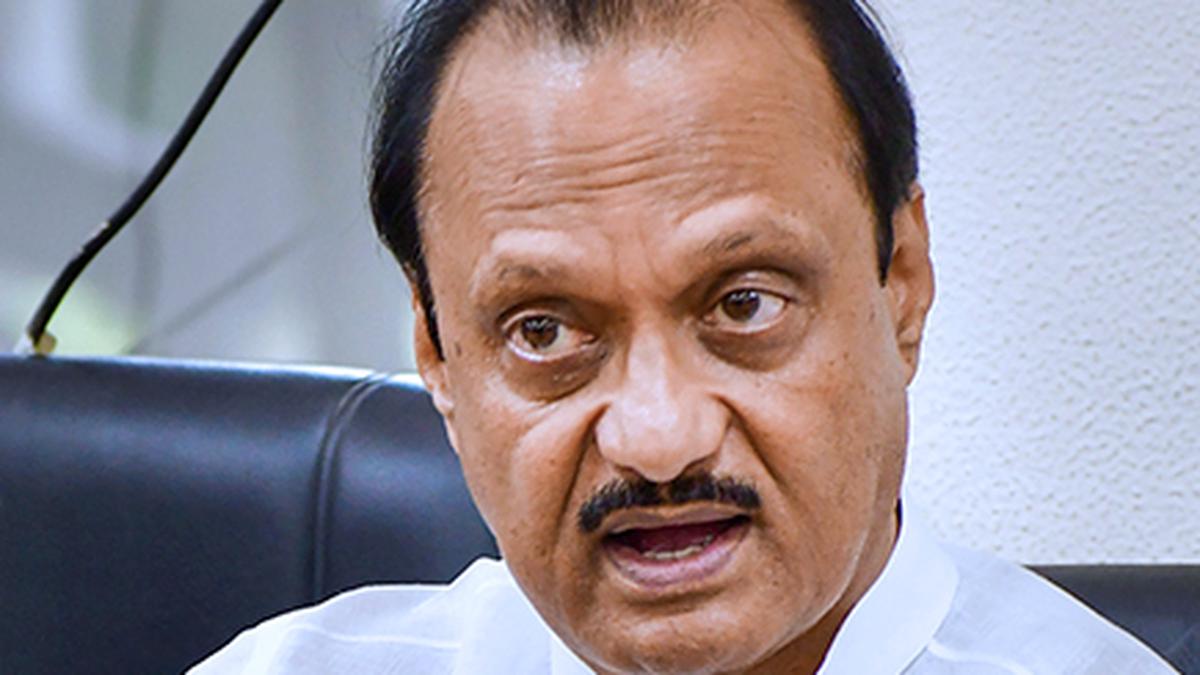
NCP split | Ajit Pawar faction submits 40 responses to Speaker; senior Pawar group nine
The Hindu
NCP factions led by Sharad & Ajit Pawar present responses to Speaker in disqualification petitions. Both sides seek to disqualify MLAs supporting opposing faction. 40 responses from Ajit's faction & 9 from Sharad's.
The rival factions of the Nationalist Congress Party (NCP) led by Sharad Pawar and his 64-year-old nephew Ajit Pawar presented their responses to Maharashtra Assembly Speaker Rahul Narwekar on Friday in connection with disqualification petitions filed against each other.
It was in July that Mr. Ajit Pawar and eight other NCP MLAs joined the Eknath Shinde-led Shiv Sena-BJP government, thus splitting the party. While Junior Pawar was made the Deputy Chief Minister, the eight MLAs — including Chhagan Bhujbal and the NCP supremo’s close confidant Dilip Walse-Patil — were inducted as Ministers and were later given key portfolios.
Since then, both factions have asserted their rights to the party name and symbol, filing petitions with the Speaker to disqualify those supporting the opposing side. Mr. Sharad Pawar’s faction had filed a disqualification petition against 40 MLAs who allied with Mr. Ajit Pawar. The Deputy Chief Minister-led group of the NCP had also submitted a petition to Mr. Narwekar, seeking the disqualification of 10 MLAs affiliated to party supremo Mr. Sharad Pawar. The MLAs are State chief Jayant Patil, Anil Deshmukh, Jitendra Awhad, Rohit Pawar, Rajesh Tope, Balasaheb Patil, Sunil Bhusara, Sandeep Kshirsagar, Suman Patil and Prajakt Tanpure.
According to officials, Mr. Ajit Pawar’s faction submitted 40 responses, while the rival faction submitted nine responses. They said the hearing concerning the disqualification petitions is anticipated to take place next week after reviewing the documents and responses submitted by both factions.
The NCP is recognised as one unit in both Houses of the Maharashtra Legislature and separate hearings of both factions in connection with the split in the party founded in 1999 are under way at the Election Commission of India and the Supreme Court.











